SEND
At Trinity we acknowledge children’s individuality in learning, both in the way that they learn and in the speed they learn. We are committed to providing excellent experiences that cater for each and every child.
Some children will require extra individual or small group help and may require an Individual Education Plan (IEP). These are written by the class teacher and contain small, personalised, achievable targets. The children's progress towards these targets is shared with the parents half termly.
Our Special Educational Needs Co-ordinator (SENDCO) is Mrs R Peckham
